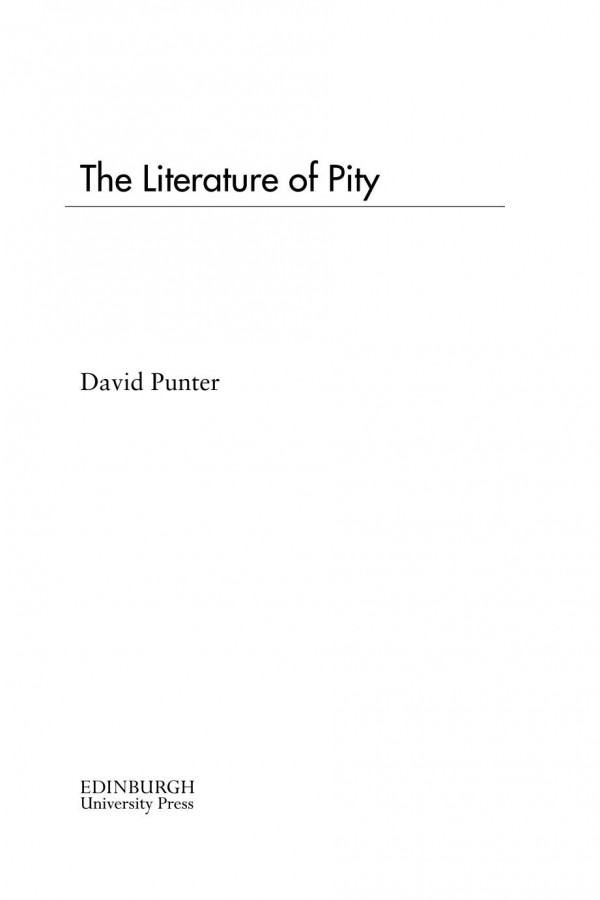

Most ebook files are in PDF format, so you can easily read them using various software such as Foxit Reader or directly on the Google Chrome browser.
Some ebook files are released by publishers in other formats such as .awz, .mobi, .epub, .fb2, etc. You may need to install specific software to read these formats on mobile/PC, such as Calibre.
Please read the tutorial at this link: https://ebookbell.com/faq
We offer FREE conversion to the popular formats you request; however, this may take some time. Therefore, right after payment, please email us, and we will try to provide the service as quickly as possible.
For some exceptional file formats or broken links (if any), please refrain from opening any disputes. Instead, email us first, and we will try to assist within a maximum of 6 hours.
EbookBell Team

4.0
76 reviewsPity represents a combination of fear, helplessness and overwhelming agitation. It is a term which suffuses our everyday lives; it is also a dangerous term hovering between approval of sympathy and disapproval of emotional wallowing (as in 'self-pity').
This book traces an entire history of pity, as an emotion and as an element in the arts, engaging as it does so with a wealth of theoretical ideas including Freud, Derrida, Levinas and others. It begins with an 'Introduction: Distinguishing Pity', followed by chapters on the Aristotelian framework; Buddhism and pity; the pieta in the Middle Ages and Renaissance; Shakespeare on pity; Milton's pitiless Christianity; pity and charity in the early novel; Blake's views on pity; the Victorian debate, from Austen to Dickens and George Eliot; Brecht and Chekhov on pity and self-pity; 'war, and the pity of war'; Jean Rhys and Stevie Smith; pity, immigration and the colony; and finally three contemporary texts by Michel Faber, Kazuo Ishiguro and Cormac McCarthy.
Features